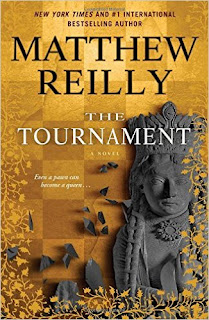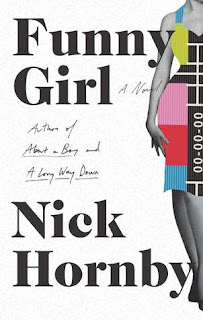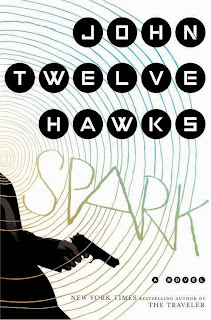- All the Light We Cannot See by Anthony Doerr
- The Universe Versus Alex Woods by Gavin Extence
- To Kill a Mockingbird by Harper Lee
- Under the Harrow by Mark Dunn
- The Border by Robert McCammon
- The Happiest People in the World by Brock Clarke
- Finders Keepers by Stephen King
- The Mirror World of Melody Black by Gavin Extence
- Trigger Warning by Neil Gaiman
- The Hundred-Year-Old Man Who Climbed Out of the Window and Disappeared by Jonas Jonasson
The worst book I read all year was The Lost Island by Douglas Preston and Lincoln Child, which was very disappointing, since I'm such a big fan of theirs.
Number of books read during the year--61.
Signings attended during the year: Brandon Sanderson--Firefight, Peter Orrulian--Trial of Intentions, Dan Wells--The Devil's Only Friend, Brian Selznick--The Marvels, Craig Johnson--Dry Bones.
Books I'm looking forward to that will be published in 2016:
Bands of Mourning by Brandon Sanderson
Calamity by Brandon Sanderson
Morning Star by Pierce Brown
Bluescreen by Dan Wells
Alight by Scott Sigler
Midnight Sun by Jo Nesbø
The Steel Kiss by Jeffery Deaver
Sharp Ends by Joe Abercrombie
Lost and Gone Forever by Alex Grecian
The Fireman by Joe Hill
The City of Mirrors by Justin Cronin
End of Watch by Stephen King
Stiletto by Daniel O'Malley
Freedom of the Mask by Robert McCammon
The Last Train from Perdition by Robert McCammon
Alone by Scott Sigler





































